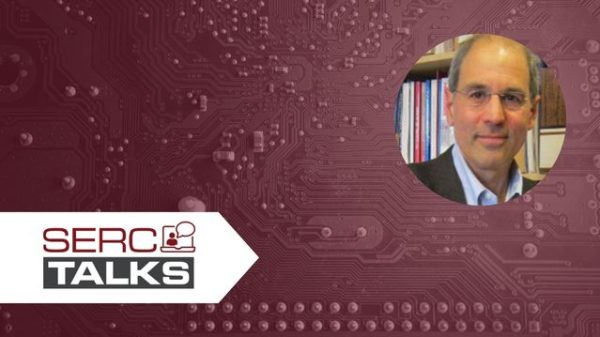
SERC TALKS: “The Dilemmas of Cybersecurity – Why is Everything Broken?”
Nov 1, 2017 3:00pm - 4:00pm

Details
Event
SERC TALKS: “The Dilemmas of Cybersecurity – Why is Everything Broken?”
- Start Date
- November 1, 2017 @ 3:00 pm
- End Date
- November 1, 2017 @ 4:00 pm
- Event Link
- www.sercuarc.org
Venue
- Address
Organizer
Systems Engineering Research Center (SERC)
- serc@sercuarc.org
- Website
- http://www.sercuarc.org/
